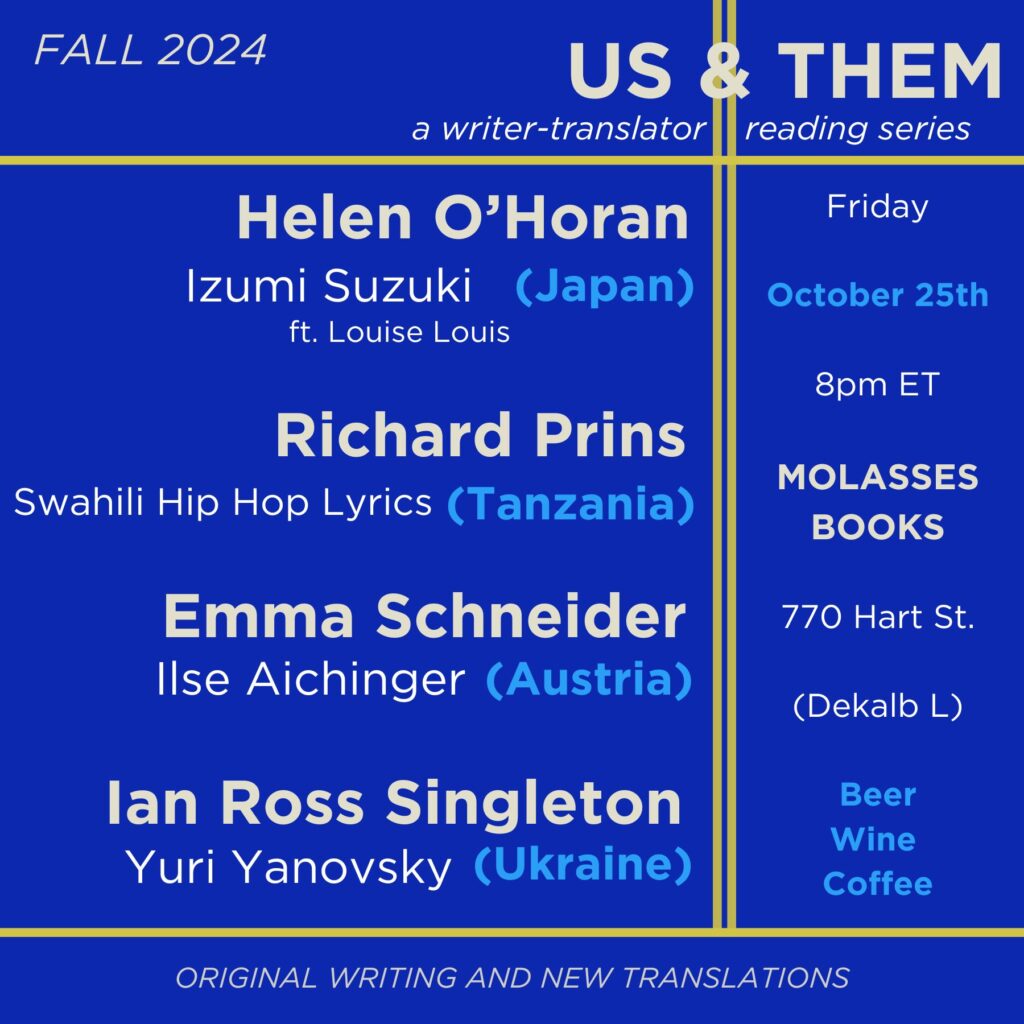Today I learned that my book-in-progress — tentatively titled Brain Flavor: A Lyric History of Swahili Hip Hop — has been longlisted for the 2024 Granum Prize. I’m pleased to be in the company of the other longlisters, which includes more than one author whose work I’ve taught before. This book is a stew of political history, personal narrative, translations of lyrics, as well a body of oral history I collected this summer in Dar es Salaam, where I interviewed about thirty pioneering Swahili hip hop artists.
As a bonus, you can hear me read some excerpts next week at the Us&Them Reading Series:

In other news, The Best American Essays 2024 officially comes out a week from today. In the first review, Publishers Weekly named my “formally ambitious” contribution a high point. I am most grateful to editor Wesley Morris for selecting it, and for these kind words in his introduction: “Some of these essays are marvelous experiments in style whose nerve and frankness disarm you. Here, none more so than Richard Prins’s. A single preposition becomes a reply that becomes an after-school punishment that becomes a parental emergency that is also a writer in astounding psychological bloom. Halfway through, I knew he’d pull this off and said aloud, ‘bravo.'”
I can also finally announce – almost exactly a year after it was accepted for publication — that my translation of Katama Mkangi’s novel Walenisi will be published by University of Georgia Press as part of their African Language Literatures in Translation series, edited by Alexander Fyfe and Chris Ouma. Acquiring the rights for the novel was an extensive process, so I am thankful to UGA Press for sticking it out.
